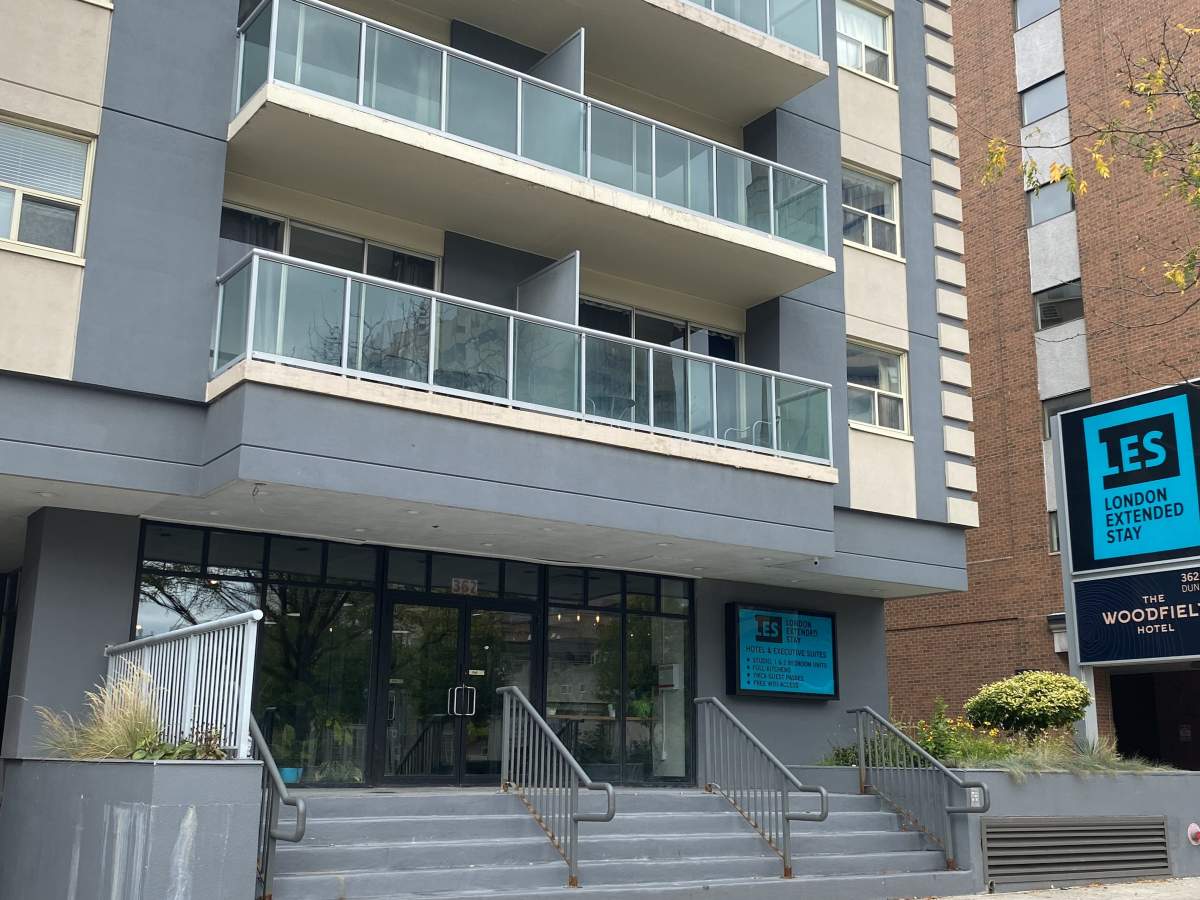The City of London is building on some early successes with supportive housing in downtown by putting $2.7 million in funding towards London Cares and the House of Hope.

The House of Hope, named by the residents who live there, was established in October last year through a partnership between London Health Sciences Centre (LHSC) and London Cares.
Home and Community Care Support Services, London InterCommunity Health Centre, and H.O.M.E program collaborators provide support and input to the units.
By all measures, the House of Hope has been a huge success.
“Even I’m surprised at the level of success we’ve had so early because it’s a significant challenge when folks move from the streets, directly into housing,” says Anne Armstrong, executive director of London Cares.
“Folks have settled in so well; they’re building a community right within the building, they’re helping each other.”
Armstrong adds that 30 per cent of the residents have reconnected with family after moving into highly supportive housing.
There’s also been a 74-per cent reduction in emergency department visits in the first three months compared to the same time period and cohort in 2022, and no residents have been evicted from the building.

Get breaking National news
Armstrong says she’s glad the city is pushing hard for more supportive housing because as evidence shows, it works.
“We know that folks, if they’re going to do well in housing, need those wraparound supports, especially for those most complex cases,” she said.
“Even though we thought people would do well, they have exceeded our expectations, so we’re really excited to see this partnership go through.”
The spaces will assist people with complex health needs, including discharged hospital patients at risk of readmission due to chronic homelessness.
Kevin Dickins, deputy city manager of social and health development, echoed the idea that supportive housing, and by extension, the Whole of Community System Response plan, works.
“To be able to signal to the community, here’s the plan, here’s what we’re working towards, this is what we mean when we talk about high support housing and by the way, here’s a project that’s ready to go as well,” Dickens said.
“It’s just a great benefit to be able to have a clear plan.”
The city has a goal of creating 600 supportive housing units over the next three years. So far, with these new units on the way, 93 have been created.
Plans to convert a vacant long-term care home south of downtown will add another 40 units to that count.
“Creating more highly supportive housing units allows us to create pathways out of hubs and for people to get off the street, become stabilized, get supports, move into housing,” Dickins says.
“Ultimately, should they choose to go out on their own independently when they’re able to then … the system can assist them in different ways.”
Intake for the new units will begin sometime in May.









Comments